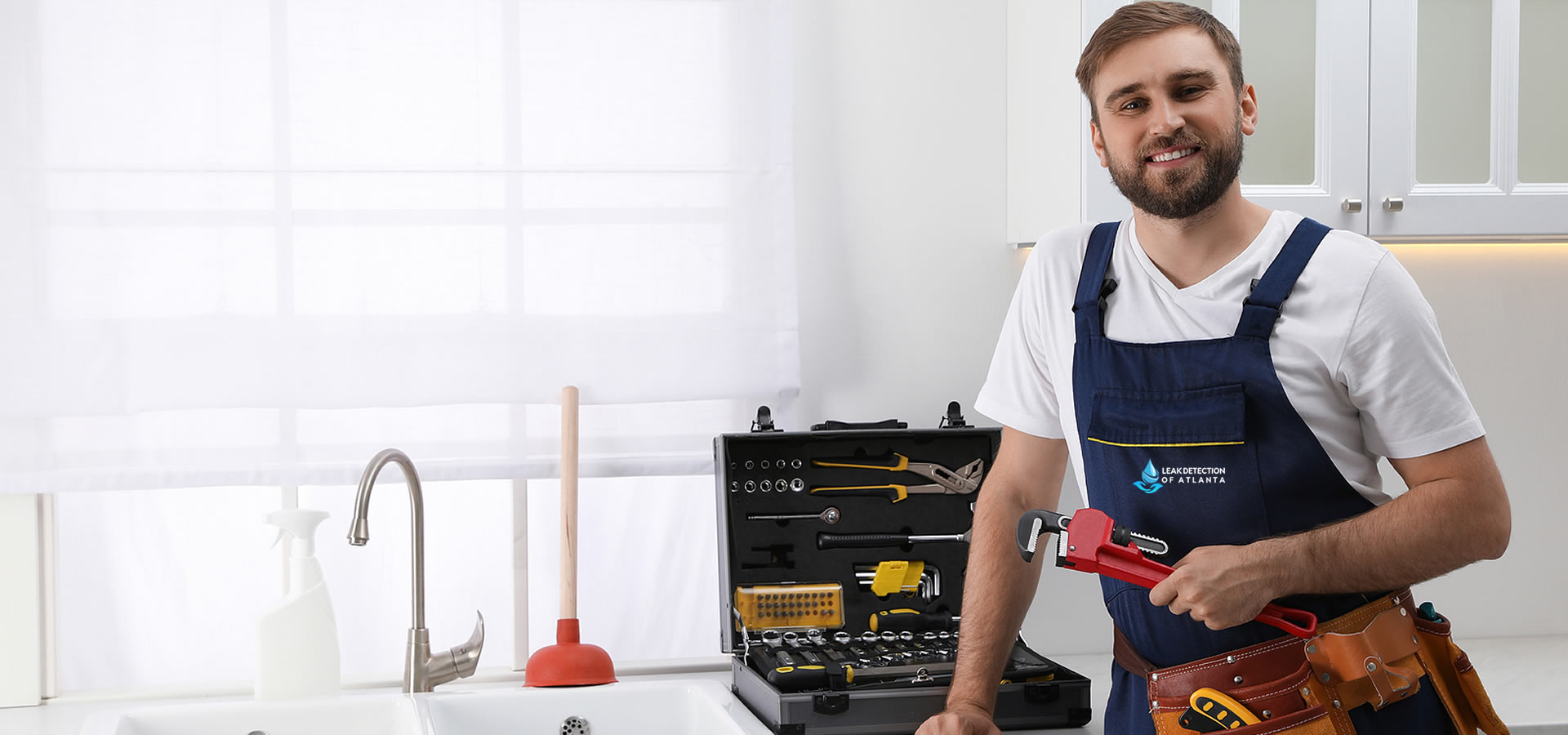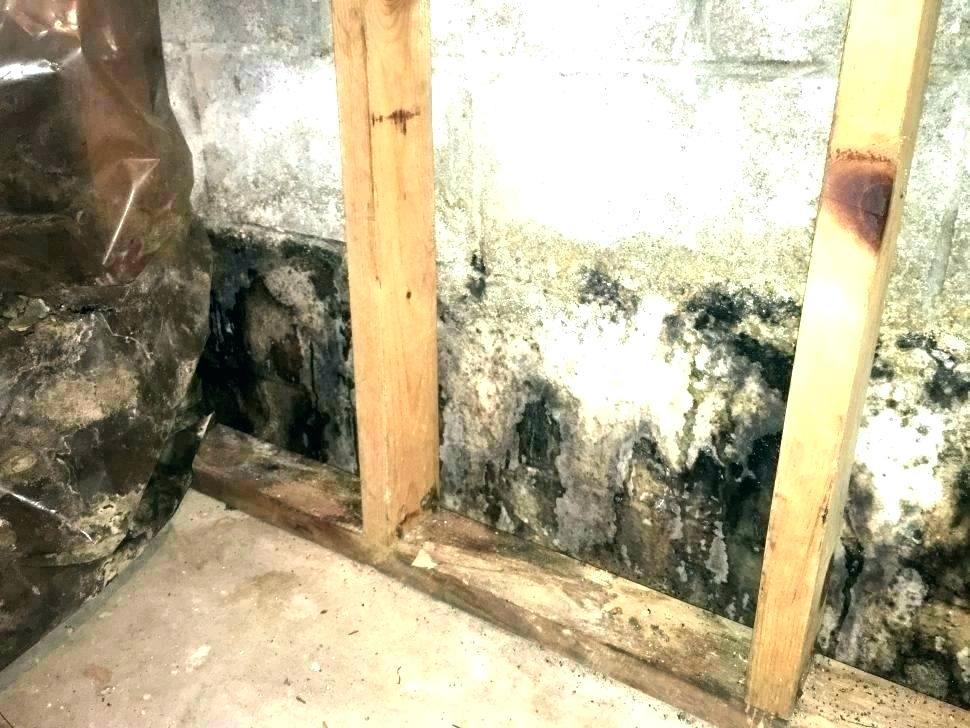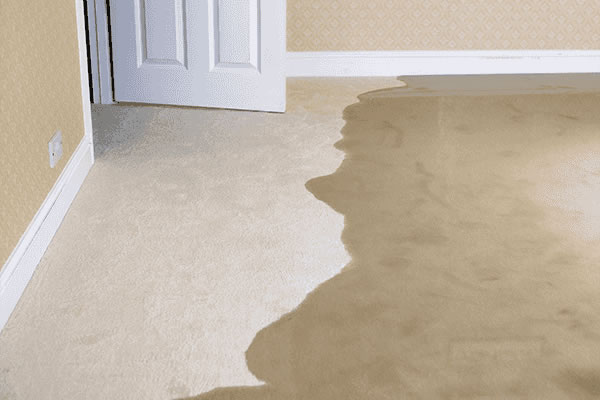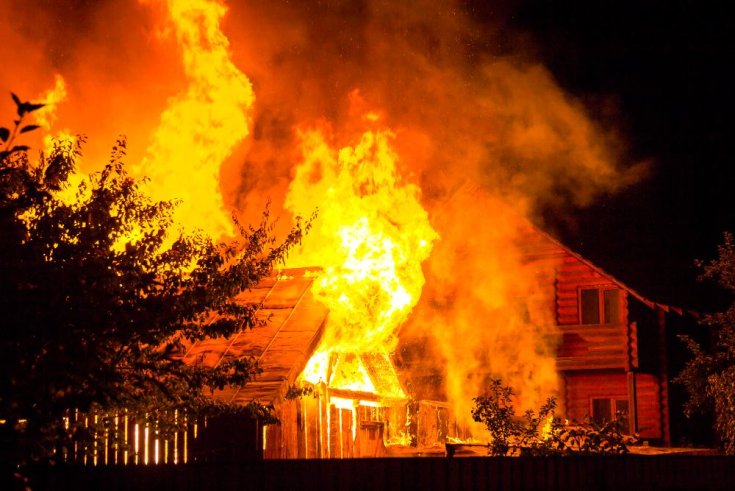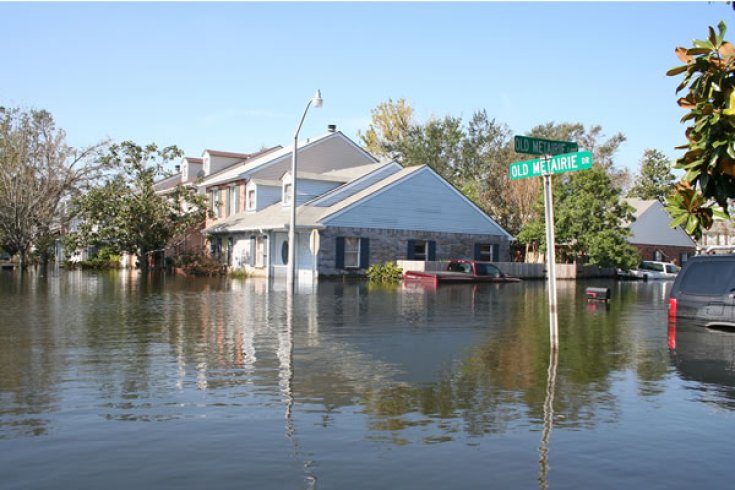10 Types of Basement Walls
A home's basement is a crucial component. It offers additional living space, storage space, and a location to house appliances like furnaces and water heaters. Yet, because they are located below ground, basements are equally vulnerable to water damage. So, it is essential to restore and remove water damage if you want to keep your basement's integrity and stop additional damage. Selecting the proper sort of basement walls is essential for preventing water damage in your basement.
In this blog post, our professionals from Leak Detection of Atlanta will show 10 types of basement walls.
Poured Concrete Walls
Concrete is poured into a mold to build these walls, and then the concrete is allowed to dry. Walls made of poured concrete are resilient, robust, and moisture-resistant. They are a great option for basements because they are also simple to maintain and clean.
Concrete Block Walls
For basement walls, concrete blocks are a popular option. These walls provide exceptional strength and longevity since they are constructed by piling concrete blocks on top of one another. However, they can be prone to moisture problems, and it could be necessary to seal the joints between the blocks to stop water from leaking through.
Brick Walls
Brick walls have great insulation and can withstand moisture. They also give your basement a distinctive look. Yet they are more expensive and more prone to cracking than other solutions.
Stone Walls
Stone walls are strong, resilient, and good insulators. They also give your cellar a more rustic appearance. They are more expensive than other solutions and can be difficult to install.
Insulated Concrete Forms
Polystyrene foam blocks are used to create insulated concrete forms, which are then filled with concrete. These walls are moisture-resistant and offer good insulation. Also, they are energy-efficient, which can save your energy costs.
Structural Insulated Panels
Insulation is layered between two layers of structural board to create structural insulated panels (SIPs). These walls are simple to install and offer good insulation. These might cost more than other options though.
Wood Frame Walls
The most typical kind of basement walls are those made of wood frames. These walls are made of wood studs and have paneling or drywall on them. They may be adapted to fit any design and are simple to install. Unfortunately, they are susceptible to moisture problems and can be the cause of a water damage restoration in Norcross.
Steel Stud Walls
Steel stud walls resemble wood frame walls but are made of steel studs rather than wood. These walls are exceptionally strong and long-lasting, and they are resistant to moisture and vermin. They may, however, cost more than wood frame walls.
Glass Block Walls
Glass block walls give your basement a distinctive appearance and let in natural light. Moreover, they are pest and moisture resistant. Unfortunately, they can be difficult to install and are more expensive than other solutions.
Rammed Earth Walls
Soil is compacted into molds to create rammed earth walls. These walls are sturdy, long-lasting, and offer superior insulation. They use natural materials, making them environmentally beneficial as well. They may, however, cost more than other solutions and necessitate professional installation.
Need a Reliable Company?
Are you in need of a water damage removal? Luckily, we at Leak Detection of Atlanta have dedicated professionals ready at your service. Contact our friendly representatives for more questions.

